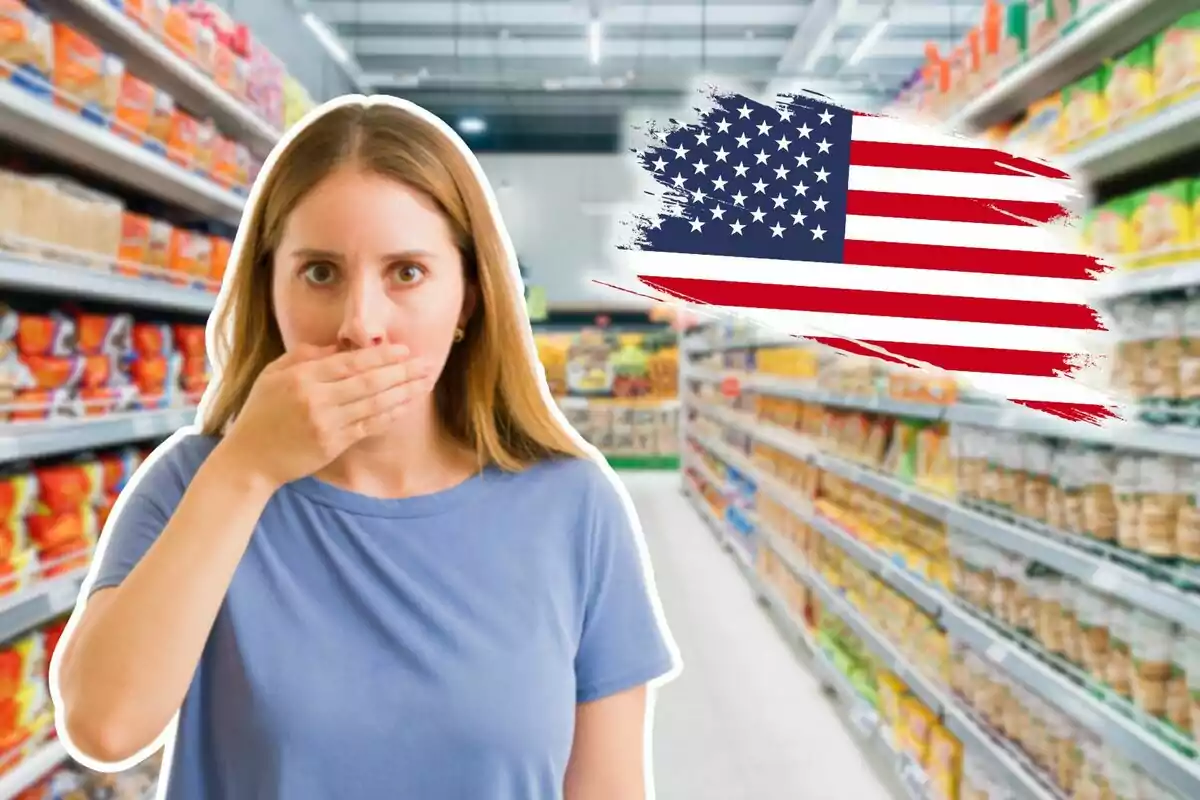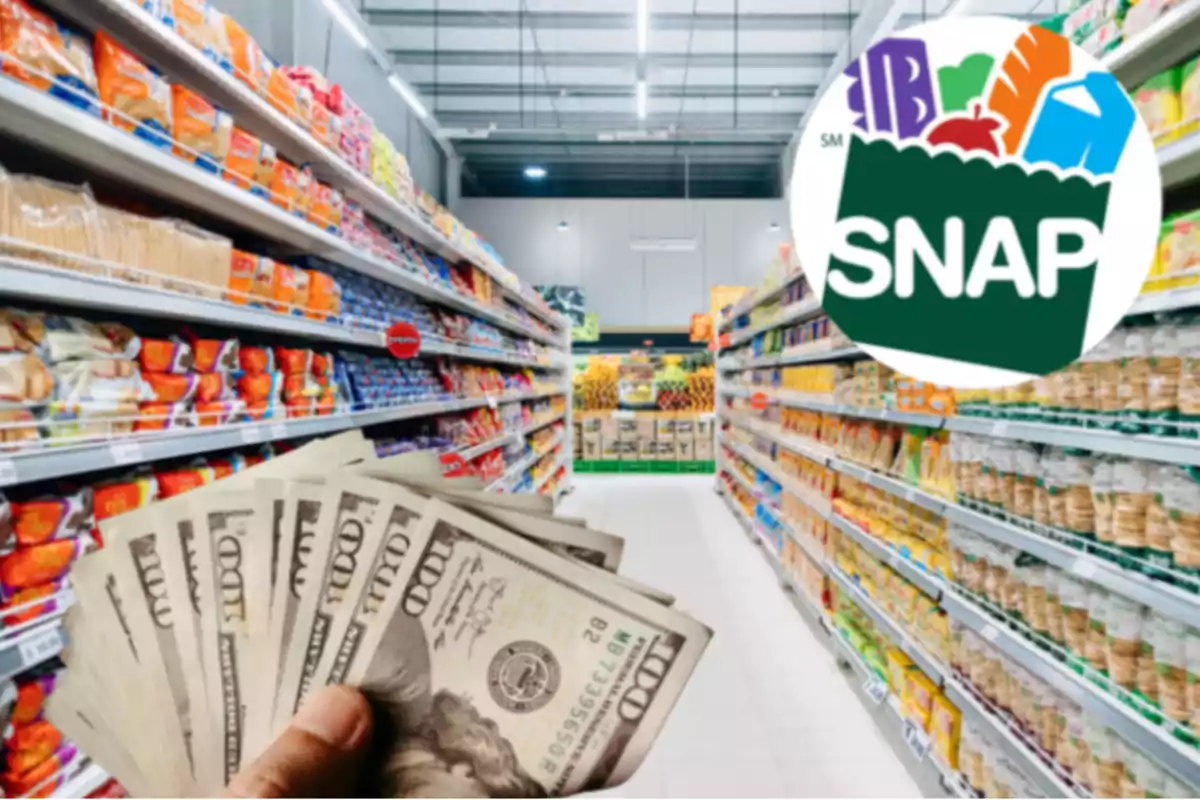If you or your family receive assistance from the Supplemental Nutrition Assistance Program (SNAP), there's good news. Starting October 1, 2025, the amounts you'll receive will increase to offset rising food prices and inflation.
The program will continue to operate as always: funds will be loaded onto the EBT card, which allows you to buy food at authorized supermarkets.
New SNAP amounts by household and state
The new limits will depend on household size and the region where you live. For a family of four, the maximums will be:
- Contiguous states and Washington D.C.: $994
- Alaska: between $1,285 and $1,995
- Guam: $1,689
- U.S. Virgin Islands: $1,278
- Hawai'i: $1,723 (a reduction compared to previous years)
The minimum amounts are also changing:
- $24 in most states
- Between $31 and $48 in Alaska
- $41 in Hawai'i

These changes aim to give families better access to essential foods and help them face inflation without compromising their nutrition.
What is SNAP and how does it work?
SNAP is a federal program designed to help people and families with low incomes buy nutritious food. Although it's federal, each state administers it locally, which allows it to be adapted to regional needs.
To qualify, you must meet certain income requirements and family conditions. Once approved, the beneficiary receives an EBT card, which works like a debit card but only with the assistance amount.
Currently, more than 41 million people benefit from this program in the United States, according to the Center on Budget and Policy Priorities.
Recent changes in SNAP
The increase in food prices prompted these adjustments in benefits. The goal is for families to better cover their basic needs without compromising their finances.

The changes apply to all states except Hawai'i, where the maximum amount is slightly reduced. In addition, minimum amounts were set to ensure that no one receives less than necessary.
What you can buy with the EBT card
The EBT card allows you to buy basic foods:
- Fruits and vegetables
- Meat, fish, and dairy
- Bread, cereals, and snacks
- Non-alcoholic beverages
- Seeds and plants that produce food
What you can't buy includes:
- Alcohol and tobacco
- Medications, vitamins, and supplements
- Hot prepared food
- Cleaning and personal hygiene items
- Pet food
- Some states also exclude sugary drinks and candy
The program remains a vital support for millions of families, and with these adjustments, its purchasing power improves in the face of inflation.

